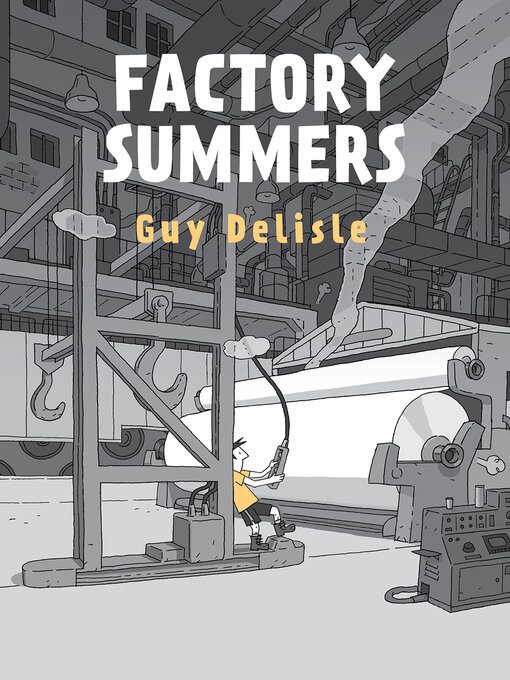- Spanish Titles for Young Readers
- No wait, no problems
- MA Children's Book Awards Candidates
- What's new?
- Popular titles
- Check these out!
- Magic Tree House Titles
- Diary of Wimpy Kid Series
- See all ebooks collections
- No wait, no problems
- What's new?
- Popular titles
- Check these out!
- Diary of Wimpy Kid Series
- Magic Tree House Titles
- Back to School
- See all audiobooks collections




